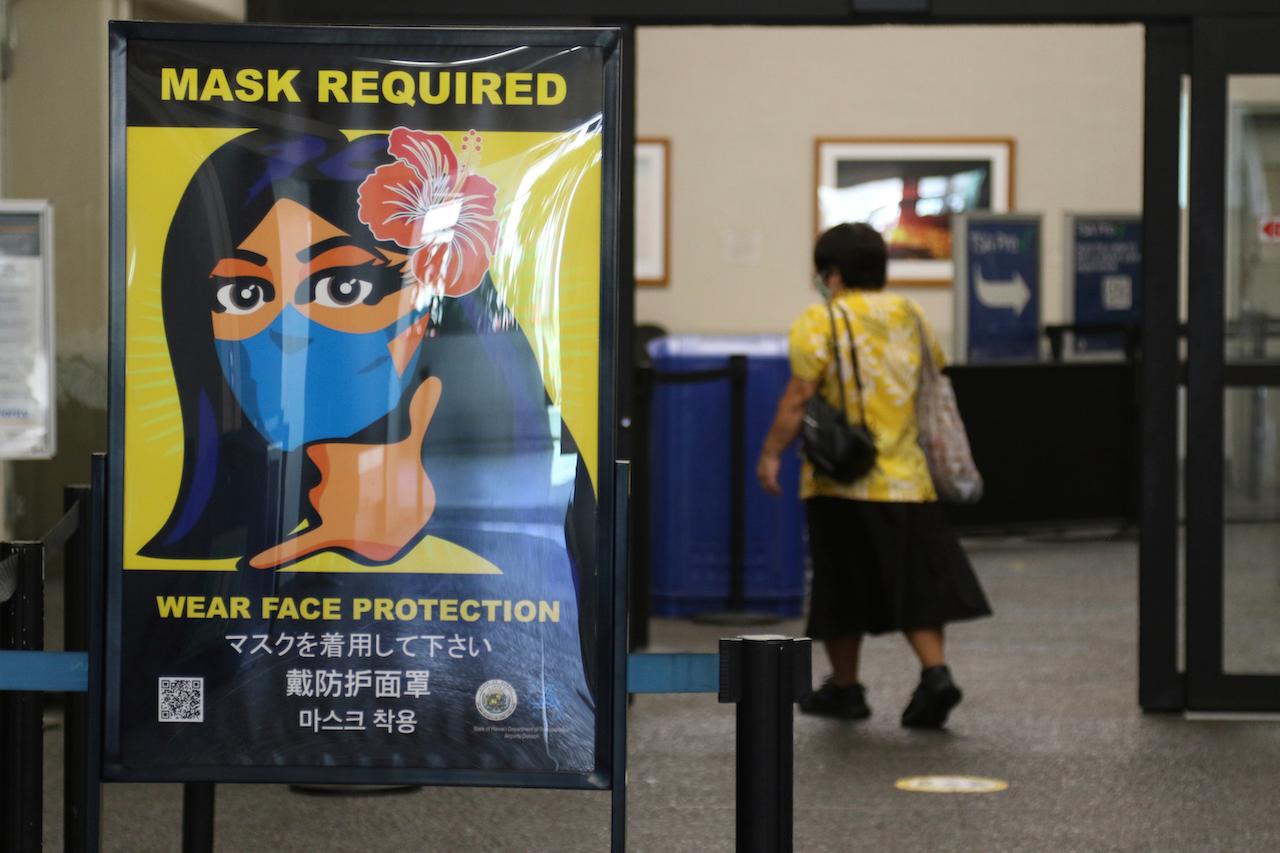All jabbed up? Come right in! More countries dropping quarantine for vaccinated travellers
But one big snag is: what if you have been inoculated with the 'wrong' brand vaccine?
Earlier this month US health authorities said that vaccinated Americans no longer have to go into quarantine following international travel.
Experts agreed this is an important step in recognising that people who are vaccinated constitute a lower risk both to themselves and others.
Now the European Centre for Disease Prevention and Control (ECDC) has come out with similar guidelines.
In its interim guidance report published on April 21, the ECDC said: “Requirements for testing and quarantine of travellers (if implemented) and regular testing at workplaces can be waived or modified for fully vaccinated individuals as long as there is no or very low-level circulation of immune escape variants (in the community in the country of origin, in the case of travellers).”
This follows expert agreement that there should be a lighter touch for passengers who are vaccinated, especially those arriving from lower risk countries. But most countries are hesitating to follow suit.
Bloomberg asked the question: why are so many countries hesitant of loosening restrictions for the vaccinated?
Its report on April 17 addressed this, discussing how countries are “wary of a relapse”.
Concern about mutated viruses like the South African and Indian double-mutant variants breaking through vaccine protection are at the root of much reluctance.
Analysts at SimpliFlying also looked at the possibility that, as older age groups are generally being vaccinated first, there could be reluctance to give older people travel privileges while younger age groups are made to put up with stronger Covid suppression measures.
Whatever the reason, more countries will have to eventually come on board with relaxed rules for the inoculated, even if only for economic reasons.
There is a snag though: US authorities say travellers must be “fully vaccinated with an authorised vaccine”.
This means travellers vaccinated with Johnson & Johnson, Pfizer-BioNTech or Moderna will be allowed entry to the US without quarantine. Anyone with a Chinese or Russian vaccine will not be.
Many people in Europe and Canada have received the Astra-Zeneca/Oxford vaccine, raising questions about what happens when they try and enter the US.
Analysts and economists say countries should start discussing mutual recognition of vaccines, with ideally any WHO-approved vaccine being valid for travel.
TimeOut reports that several countries are considering allowing in vaccinated travellers, regardless of brand, but have not yet made it official.
Thailand’s tourism minister has suggested that his country’s borders beyond just Phuket will reopen to all tourists who’ve had the jab, presumably any jab, from July.
Singapore has said it is considering relaxing travel restrictions for those who’ve had the vaccine. However, it will only do this once vaccines have been proven to significantly curb the spread of the virus. But as the world is discovering, not all vaccines are the same.
In the absence of a widely accepted “vaccine passport”, much is still unclear, including which vaccines are acceptable, and what exactly constitutes proof of vaccination.
Although many governments are still resolutely keeping people from entering their countries, an ever-increasing list of tourism-dependent destinations sees in the vaccine rollout an opportunity to reopen borders and ease other travel restrictions over the coming months.
More governments have already announced that they will allow proof of vaccination as an alternative to existing testing and quarantine requirements which deter travellers.
But which vaccines will be acceptable? And what is considered to be guaranteed unforgeable proof?
Subscribe to our newsletter
To be updated with all the latest news and analyses daily.
